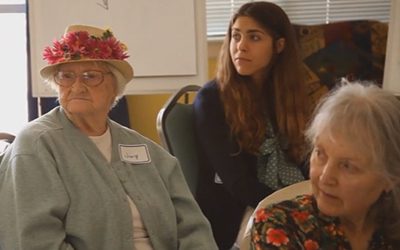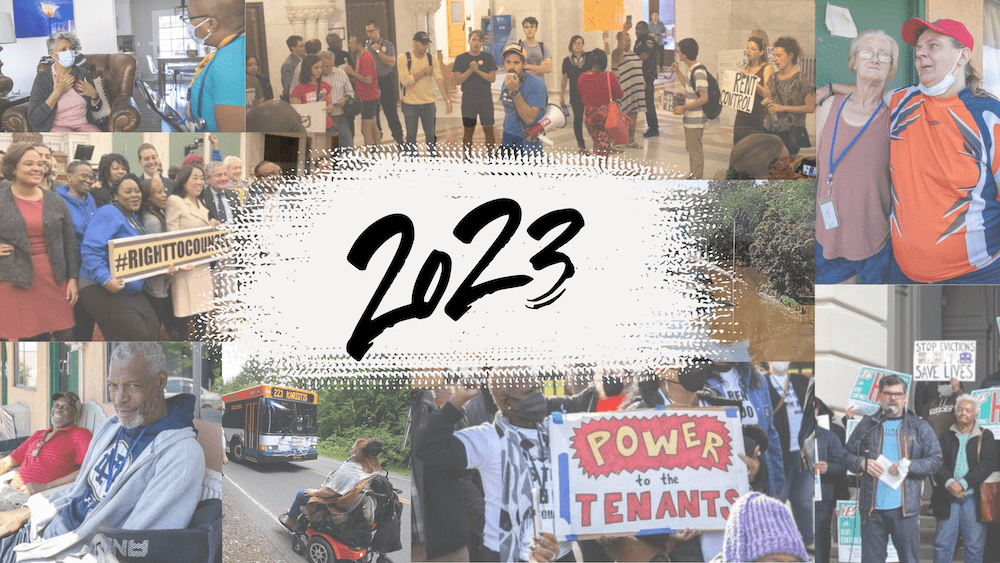This weekend I encountered a representative of an energy service company on my porch. He was flashing a badge at me and telling me that because I hadn't responded to a call from my utility company he was just there to confirm something and get me registered so I could get my rebate check.
In retrospect it was shady from the start, and I entertained him far too long. He was unclear until I called him on it about who he worked for and the fact that he was actually trying to get me to approve changing my supplier. He told me his company was “the local supplier for this area, so we're cheaper,” which was basically a lie. And so on.
Now, I spend my days wading through an inbox knee-deep in phishing scams, igorning emails that purport to be from friends that with subject lines like “nice website for Miriam!” and occasionally conferring with colleagues about the ones where it's actually hard to tell.
And face to face, it was still surprisingly hard for me to call this earnest, insistent salesman on his misrepresentations and send him away.
Imagining for a second that I couldn't actually pay my utility bill, or that I was in desperate need of his (mythical) “$200-400 rebate check,” or that I wasn't sharpening my scam deflecting skills on email every day, or that I didn't know basically how energy supplier choice worked, I can see how easy it would have been to go along.
Today Ted Wysocki reviews Fleeced for us, a documentary about financial scams targeted at the elderly—usually much more high-stakes than a utility bill too, on the order of stealing people's retirement savings or home equity. The stats are horrible.
The phrase “have they no shame?!” comes to mind. But of course there's ample evidence, that no, some folks appear to have no shame.
Of course for anyone working in economic or social justice, attempting to stabilize people's living situations, or build economically healthy and resilient neighborhoods, these financial scammers go on the list of external forces that are working against them. It seems that much like voting rights, scam prevention might want to be something that's on the radar of everyone working with affected populations, whether financial protection is their main goal or not.
Have you seen Fleeced? Do you build this sort of education into the rest of what you do? Tell us about it.
(Photo courtesy National Community Rreinvestment Coalition.)





Comments